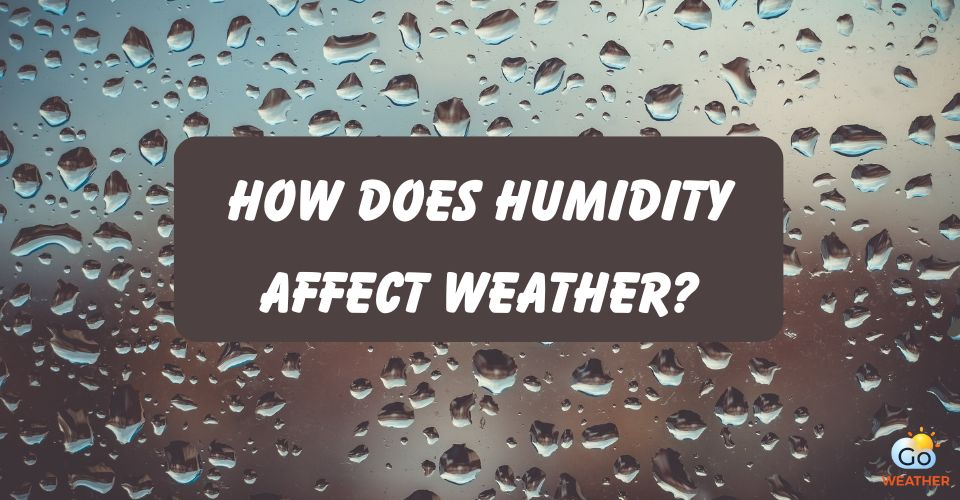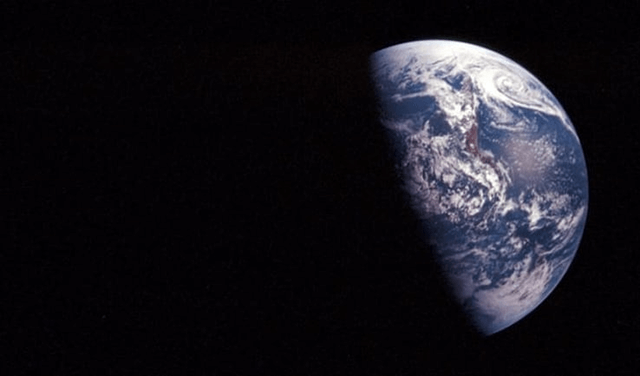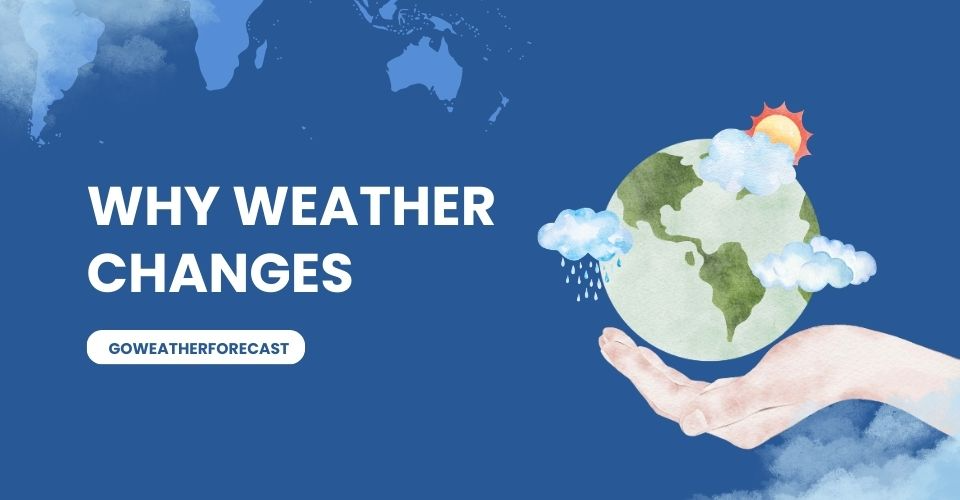How is Weather Different From Climate? Forecast Weather & Climate
How is weather different from climate? Though they are closely related, weather and climate aren’t the same things. While climate is what you expect, the weather is what actually happens. Take a few minutes and read this article to clear up all confusion about these two definitions.
.jpg)
What are some differences between climate and weather?
What Defines the Weather?
Weather is a collection of phenomena that occur in the atmosphere each day at a certain place.
There’s only one atmosphere on Earth, but the weather is not the same in different parts of the world and changes over minutes, hours, days, and weeks.
The weather is affected by various factors such as temperature, precipitation, wind direction, air pressure, and humidity differences between one place and another.
All these factors together determine what the weather is like at a certain time and location.
So what is climate and how is it different from weather? Keep reading to discover!
.jpg)
The weather explain
What Defines the Climate?
Climate refers to the description of the long-term pattern of weather in a specific region. So, different areas can have different climates.
The climate of a place is determined based on what the temperatures are like during different seasons, how windy it usually is, or how much rain or snow typically falls.
When talking about climate, scientists often look at the averages of temperature, precipitation, humidity, wind, and other measures of weather that happen over a long period in a specific place.
Some scientists look at these averages over 30 years and refer to their weather observations as Climate Normals.
.jpg)
How does weather differ from climate?
By looking at Climate Normals, we can know if the summers are hot and humid and whether the winters are cold or snowy at a specific location.
They can also let us know when the warmest day of the year or the coldest day of the year occurs at that location.
However, it’s worth noting that while descriptions of a region’s climate give a sense of what will happen, they don't provide any specific details about what the weather will be on any given day.
How Is Weather Different from Climate?
While weather and climate are related, there are numerous significant distinctions between them:
Variability
How is an area's climate different from its weather? Climate is the average behavior of weather patterns over a longer period, taking into account trends and variations observed over many years.
Meanwhile, weather is highly variable and can fluctuate significantly within short periods due to daily and seasonal changes, as well as the movement of weather systems.
.jpg)
How is climate change different from weather in terms of variability?
Discover more:
Temporal Scale
Weather is a phrase used to describe short-term atmospheric conditions that might last hours, days, or even weeks. It focuses on immediate occurrences and might vary greatly from one minute to the next.
Climate, on the other hand, refers to long-term trends and patterns that emerge over decades or centuries. It offers a more complete picture of the current atmospheric conditions in a specific location.
Predictability
.jpg)
The difference in predictability
Weather predictions attempt to anticipate short-term atmospheric conditions, usually up to a few days in advance. Because of the inherent complexity of atmospheric processes, weather forecasts grow less accurate as the forecast period length rises.
Climate, on the other hand, delivers a more reliable forecast by examining long-term patterns and statistical data. Climate models aid in the prediction of long-term weather patterns and the study of probable future climate change.
Effects on Human Activities
Weather is different from climate because it impacts daily activities like event planning, outfit selection, and agricultural techniques.
Meanwhile, climate affects long-term decisions such as urban planning, agricultural operations, and infrastructure development.
.jpg)
Effects on human activities
Understanding a region's climate allows for more informed decision-making about disaster preparedness, resource allocation, and sustainable development.
Data Collection and Analysis
Weather observations necessitate real-time monitoring of numerous meteorological parameters by satellites, weather stations, and other instruments. Meteorologists use these observations to study and forecast current atmospheric conditions.
Climate analysis entails gathering and evaluating historical weather data over lengthy periods. This data, along with statistical tools and climate models, sheds light on long-term climatic patterns.
Forecasting Weather and Predicting Climate
We all know the importance of weather forecasting. But how do they work?
Observations of air pressure, temperature, humidity, and winds are incorporated into numerical models that generate the best estimate of current and future conditions in the atmosphere.
A weather forecaster will then look at the model output to determine the scenario that is likely to happen. Whether weather forecasts are accurate or not depends on both the model and the forecaster's skill.
We can get accurate weather forecasts for up to a week.
To have a precise estimation for a long period, we need to look at statistical relationships between large-scale climate signals such as El Niño and La Niña, precipitation, as well as temperature.
.jpg)
Weather forecast
Weather forecasts are often based on past weather patterns, but climate change is a whole different story. The data in the past is a less effective predictor of the future.
Climate predictions rely on global climate models.
They try to answer questions like: How much more precipitation will there be? How much will the sea level rise?
Unlike weather forecast models, observations can not be used in climate models because there are no observations in the future.
How to Check the Weather?
With just a weather app installed on your smartphone, you can check the current weather conditions and weather forecasts for any location of your choice.
There are a lot of free apps and websites that provide you with accurate weather conditions, as well as weather forecasts.
We highly recommend using the GoWeather app (available on both Android and iOS) or accessing the website goweatherforecast.com.
.jpg)
GoWeatherForecast website
Packed with many amazing features, this app provides you with accurate local weather conditions, daily weather forecasts, and weather forecasts for 3 days, 5 days, and 7 days.
Furthermore, it offers weather warnings about extreme weather such as storms, thunder, newspapers, snow, and fog.
This helps you get well prepared and take precautions for what is expected to happen.
Conclusion
We hope what we presented above will help you answer the question, “How is weather different from climate?” Are there any related things that confuse you? Let us know in the comment below.


![The Importance of Weather Forecast and Wind Direction [Full Guide]](https://admin.goweatherforecast.com/images/1732689783.png)


![El Nino Weather & Its Effects on the Weather [Fully Explained]](https://admin.goweatherforecast.com/images/1732783392.png)






0 Comments
Leave a Comment
Your email address will not be published. Required fields are marked *